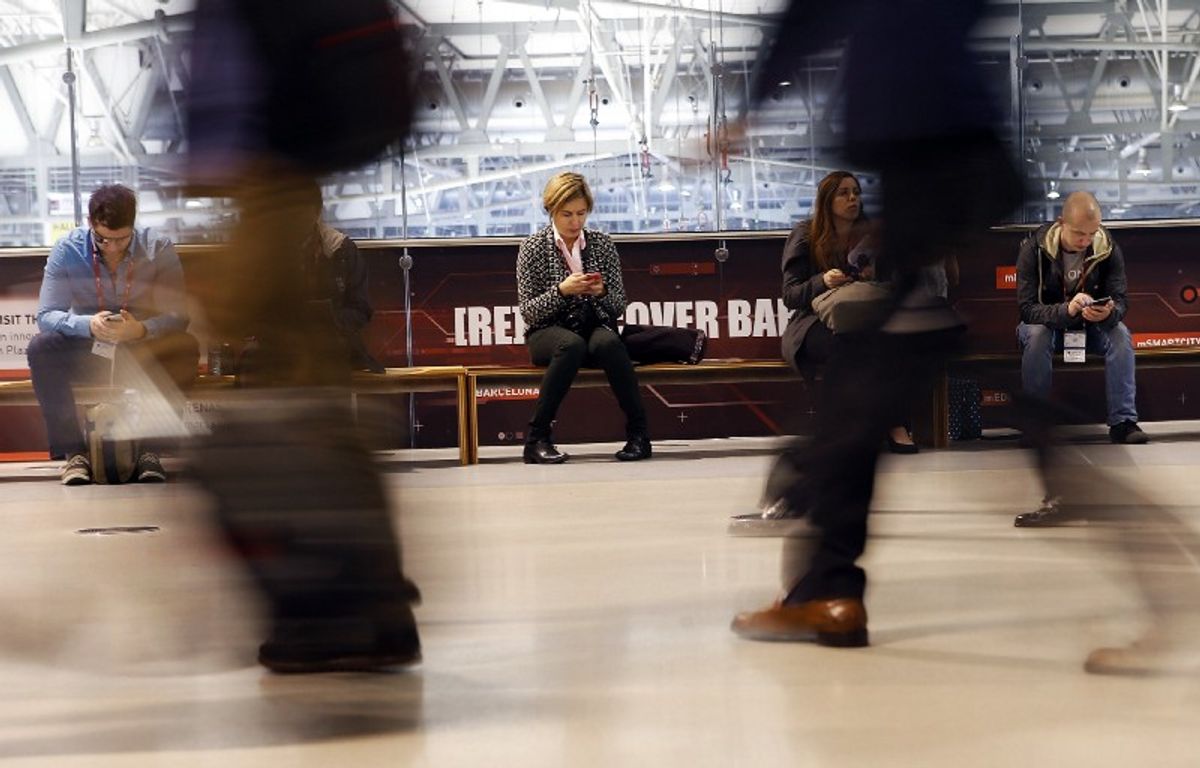Last week, in an interview tied to the launch of his country’s new AI strategy, French President Emmanuel Macron threw down the gauntlet against the world’s largest tech firms. Google, Apple, Facebook, and Amazon, he said, will have to submit to France’s will on questions of privacy, ethics, and responsibility for the economic consequences of their technologies. Signal’s in-house tech-guru @kevinallison explains what it means.
Whether or not tech giants bend to the French in particular, they do have to grapple with an increasingly kaleidoscopic political landscape today. And so, as a web-user, do you:
Say you take off in Chicago and land in Beijing. When you arrive, you can’t check a lot of US social media sites anymore, because China bans them. Fair enough, you’ll waste less time on Facebook anyway. Now you land in Moscow. You text a friend in Moscow to ask where you can get some Belarusian mozzarella (as one does) — by law that message will stay on a Russian server where it can be read the security services. You OK with that?
And it’s not just authoritarians cutting up the web. The EU’s rigorous privacy laws limit companies’ ability to send Europeans’ data across borders. Back in the US, meanwhile, if you’re not a citizen, authorities can ask you not only for your passport, but for your social media passwords as well.
This trend of regulatory fragmentation will accelerate as world leaders start to grapple more seriously with the ethical and economic challenges of artificial intelligence and other advanced technologies.
We sure are a long way from the 1990s vision of the internet as a public good that promised a post-national future. Where, exactly, we are going isn’t fully clear yet. But national governments will have a lot to say about it.


















